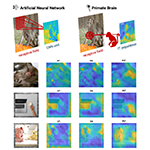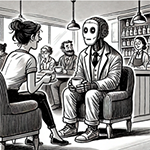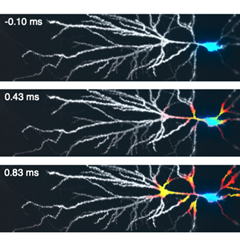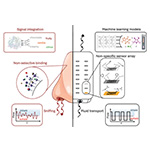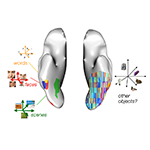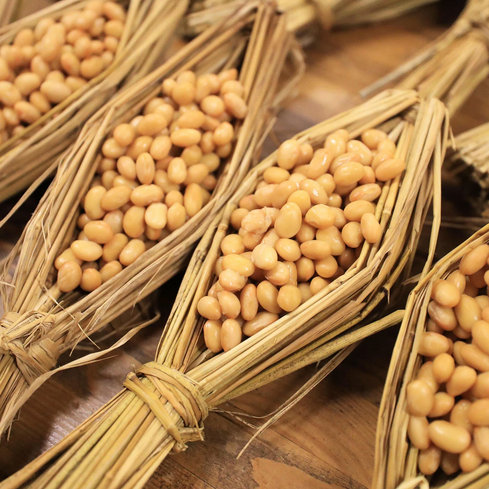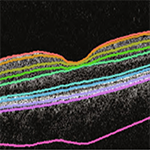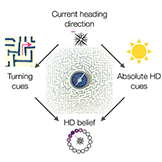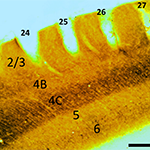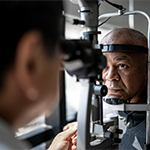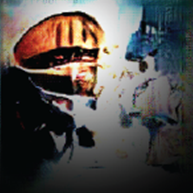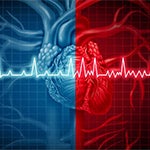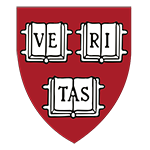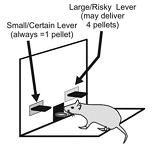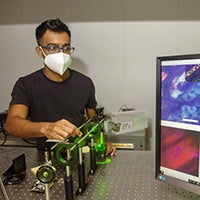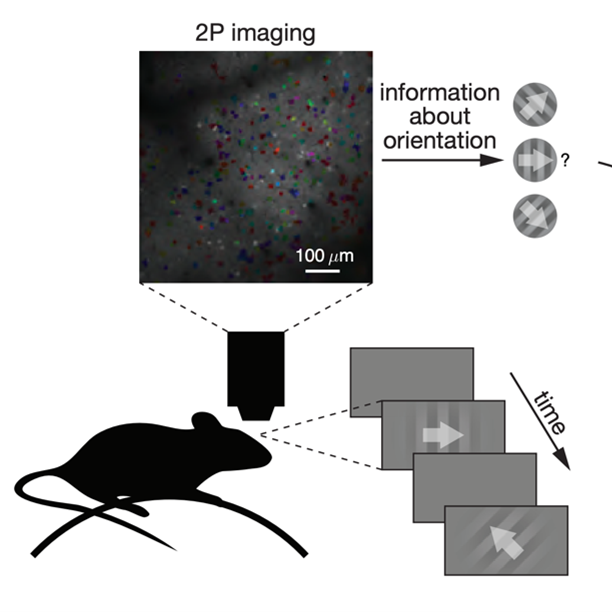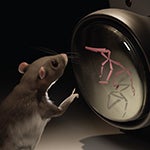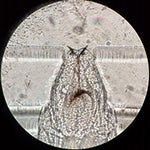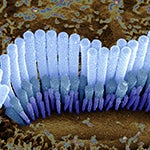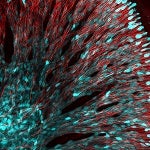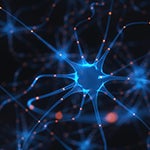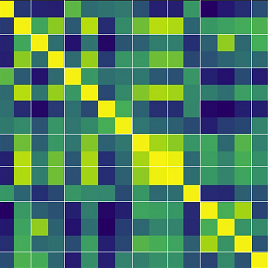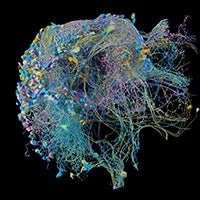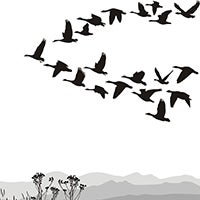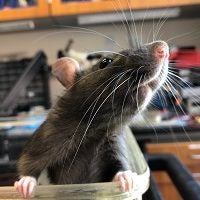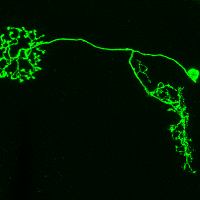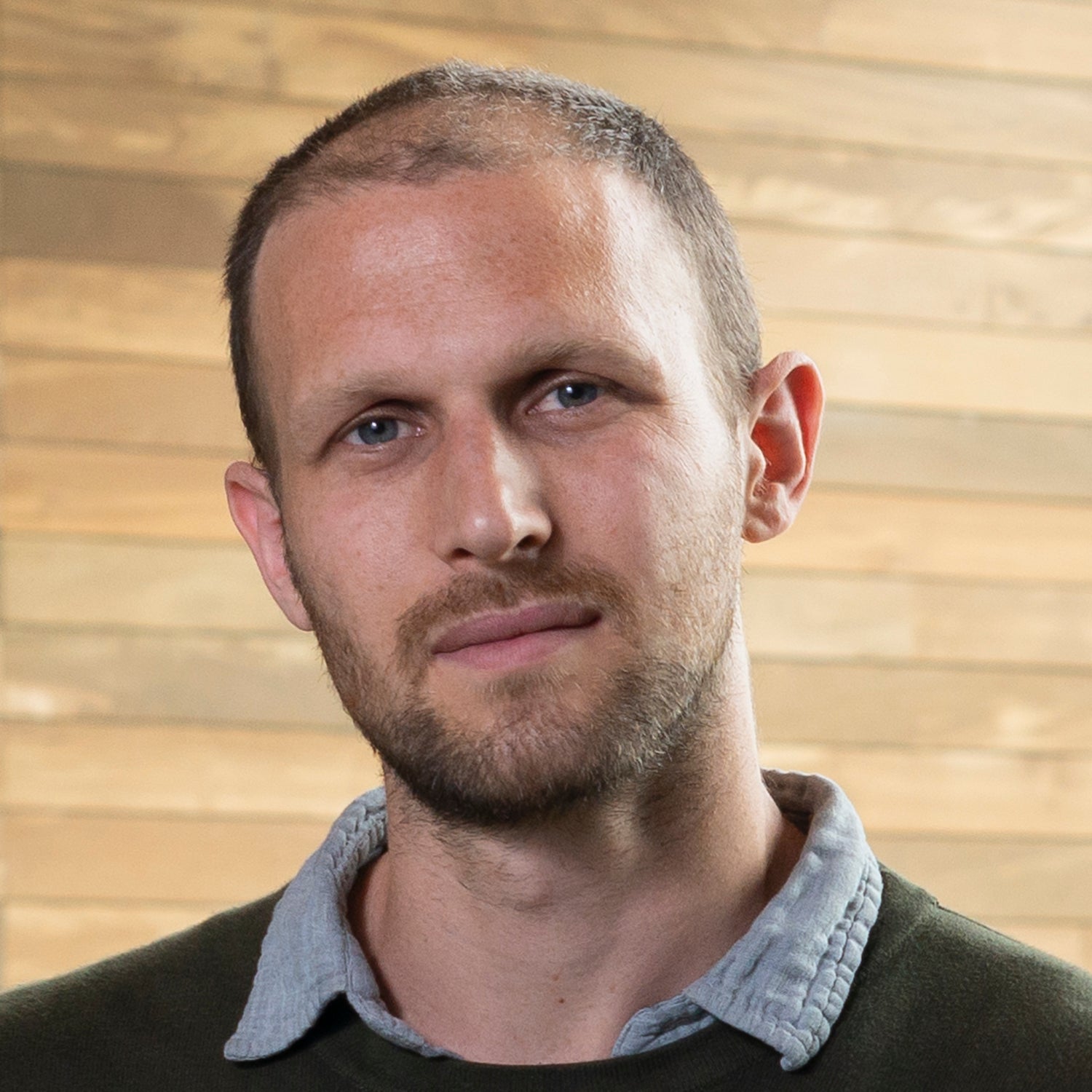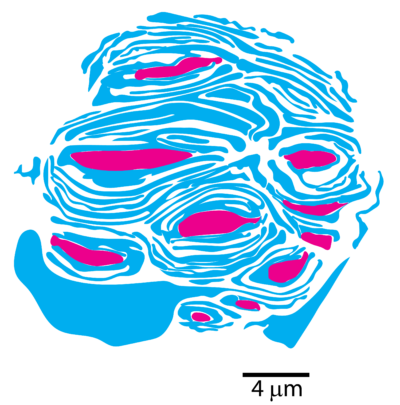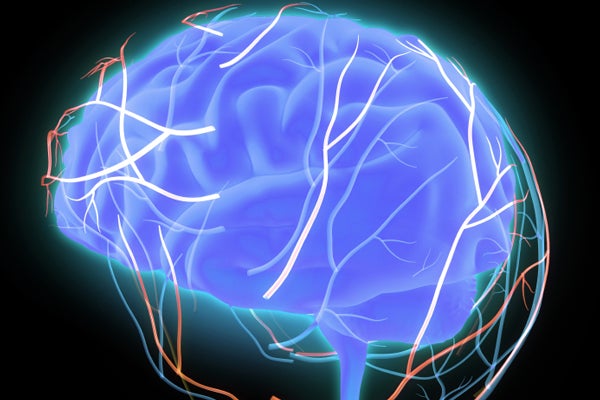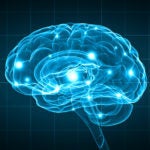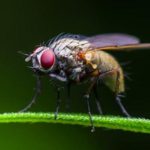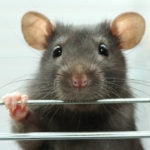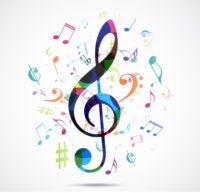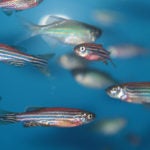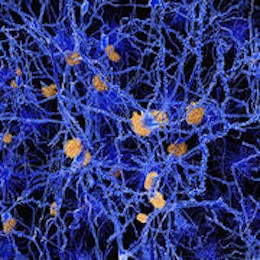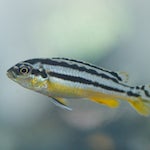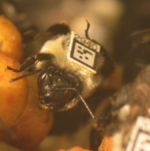Neuro Topics - Theory and Computation
SEARCH OTHER RESEARCH AREAS
June 30, 2025
How does the brain really see? In a new study, Victoria Zhanqi Zhang and the Ponce Lab reveal that neurons across the primate visual cortex are tuned not just to objects, but to animal features—highlighting a surprising bias in how the brain encodes natural scenes. Their findings shed light on the fundamental principles of visual representation.
Original article in: Science Advances >
March 21, 2025
Have you ever had the sense that the person you’re talking to is just a “robot”? That they’re following some script without thinking about it? New research by Ilona Bass and Tomer Ullman examines the detection of automatic behavior in other people, finding it is a common and robust phenomenon across domains.
Original article in: American Psychologist >
March 21, 2025
Neurons receive synaptic inputs all along their dendrites. Dendrites can produce electrical spikes, independent of the cell body. What are these excitations for? Park, Wong-Campos, and Cohen mapped the voltage throughout the dendrites of neurons and found that dendritic excitations were mostly triggered by specific patterns of spiking at the cell body – suggesting that the dendritic excitations play an important role in regulating synaptic plasticity.
Original article in: Nature Communications >
February 21, 2025
Haritosh Patel and colleagues explore how nature’s blueprint for smell can inspire next-generation gas sensors. By applying principles from biological olfaction—such as active sniffing, adaptive sensing, and neural-inspired processing—this work presents a new perspective for more sensitive, selective, and robust electronic noses with applications in healthcare, environmental monitoring, and beyond.
Original article in: Advanced Science >
November 18, 2024
Brain regions that preferentially process faces, places, and words may emerge naturally from exposure to diverse images, without requiring built-in structures dedicated to specific categories. By training AI models to distinguish images based on visual differences alone, researchers found that brain-aligned category-selective neurons emerged spontaneously in the model.
July 18, 2024
In a first, neuroscientists have created a microscopic “brain thesaurus” that reflects how the meaning of words is represented. Using a novel technology to record the activity from single neurons in the human brain, the team was also able to predict the meaning of words heard in real-time speech. From Ziv Williams and Colleagues, co-first authors Mohsen Jamali and Benjamin Grannan.
Original article in: Nature >
July 3, 2024
In a new study, researchers asked whether an artificial agent could improve behavior in an animal, by learning to control a living nervous system. Using optogenetics to allow the RL agent to control C. elegans worm neurons, they were able to help the worms find food better. The team also gained clues as to how different parts of the C. elegans nervous system were involved in generating directed movement.
Original article in: Nature Machine Intelligence >
May 9, 2024
In a magnetic resonance imaging (MRI) study that integrated ultra-high resolution structural and functional connectivity data, researchers mapped a subcortical brain network that is believed to integrate arousal and awareness in human consciousness.
Original article in: Science Translational Medicine >
March 14, 2024
New research Erin Hecht and colleagues, first author Katherine L. Bryant (Aix-Marseille Université) puts fermentation, not fire, as pivot point behind our ancestors’ increasing cranial capacity.
Original article in: Nature >
February 23, 2024
Researchers from the Wilson Lab gain new insights into how two distinct brain regions — the seat of the compass and the steering center — communicate during navigation.
Original article in: Nature >
February 8, 2024
By combining retinal imaging, genetics, and big data, physician-researchers from Harvard Medical School, Mass. Eye and Ear, Massachusetts General Hospital, and the Broad Institute of MIT and Harvard have found that they can estimate how likely a person is to develop eye and systemic diseases in the future.
Original article in: Science Translational Medicine >
July 21, 2023
Harvard Gazette article on new research from Sam Gershman and colleagues, first author Momchil Tomov, using fMRI and video games to test ideas about complex decision-making.
Original article in: Neuron >
July 21, 2023
HMS News article on new research from Kun-Hsing Yu and colleagues, co-first authors MacLean P. Nasrallah (Penn) and Junhan Zhao, creating an AI tool that can rapidly decode a brain tumor’s DNA to determine its molecular identity during surgery — critical information can take a few days and up to a few weeks with current approaches.
Original article in: Med >
June 16, 2023
Uncertainty is a feature, rather than a flaw, and it can help us weigh internal beliefs against external sensory evidence. In this study, Anna Kutschireiter and colleagues in the Drugowitsch lab investigated how ring attractor networks, popular models for working memory, can represent and compute with uncertainties.
Original article in: PNAS >
June 7, 2023
Rick Born shares new research where neural recordings in animals trained on perceptual tasks failed to reveal the “usual suspects” of task-related signals in early visual cortex. This surprising negative finding has forced us to re-think exactly what these signals mean.
Original article in: Journal of Neurophysiology >
November 28, 2022
HMS News article on new research from Michael Prerau and colleagues, extracting tens of thousands of electrical events from the brain waves of a sleeping person, creating a picture of brain unique for each person and consistent from one night to the next in order to better identify potential biomarkers in the brain activity of people with schizophrenia and other brain conditions.
Original article in: Sleep >
July 15, 2022
Harvard MCB Department news article on new research from the team of Mitsuko Watabe-Uchida and Nao Uchida, first author, Ryunosuke Amo, finding evidence that rodent brains exhibit a specific form of learning called temporal difference (TD) learning, widely used in both animal learning models and artificial intelligence.
Original article in: Nature Neuroscience >
June 30, 2022
Harvard Gazette article on soaring alcohol use during the pandemic. Marisa Silveri, Scott Hadland, Joji Suzuki, and Kevin Hill discussed alarming drinking trends, safe weekly limits, and approaches for cutting back or quitting.
May 4, 2022
Harvard Gazette article on new research from Yun Zhang and colleagues, co-first authors He Liu and Taihong Wu, showing that forgetting generates a novel brain state that is different from the one before learning happened or the one that exists after a memory is formed.
Original article in: Science Advances >
April 21, 2022
Harvard Health Publishing article discussing recent research suggesting that cataract surgery may protect against dementia.
April 21, 2022
Round-up of awards and honors earned by the HBI community.
January 3, 2022
How does the brain represent the visual world around us? In this study from the lab of Carlos Ponce, led by Olivia Rose and James Johnson, visual cortex neurons “team up” with machine learning models to generate synthetic images—revealing the density of information in such representations.
Original article in: Nature Communiccation >
December 9, 2021
Round up of awards and honors earned by the HBI community.
December 9, 2021
Harvard Gazette article on new research from Steven A. Lubitz and colleagues, first author Shaan Khurshid, using an artificial intelligence-based method for identifying patients who are at risk for atrial fibrillation, a common condition that often leads to the formation of clots in the heart that can travel to the brain and cause a stroke.
Original article in: Circulation >
December 9, 2021
Harvard Gazette article on the establishment of the Kempner Institute for the Study of Natural and Artificial Intelligence at Harvard, launched with a $500M gift from Priscilla Chan and Mark Zuckerberg. The Institute will be led by neurobiologist Bernardo Sabatini of Harvard Medical School and computer scientist Sham Kakade of the University of Washington, who will join the Harvard faculty in January 2022.
August 24, 2021
John Mikhael and Sam Gershman argue that dopamine gates the influence of contextual information when making decisions. They show that this view captures dopamine’s seemingly conflicting roles in impulsivity, risk preferences, and the exploration-exploitation trade-off.
Original article in: Neuropsychopharmacology >
July 29, 2021
Harvard Gazette article on research from the lab Dushan N. Wadduwage and colleagues about the development of a new process of computational imaging that uses complex algorithms and machine learning in order to get high-resolution images 100 to 1,000 times faster than other state-of-the-art technologies.
Original article in: Science Advances >
March 25, 2021
MohammadMehdi Kafashan and Anna Jaffe share their work on the saturation of sensory information in larger neuronal populations, as well as on how this information is distributed across the many neurons in these populations.
Original article in: Nature Communications >
March 24, 2021
Jesse Marshall (Olveczky Lab) shares research on a new technique they developed, CAPTURE, that allowed them to continuously track the position of the head, trunk, and limbs of freely behaving rats over days and weeks. CAPTURE provides an unprecedentedly detailed portrait of rat behavior, and opens the door to new advances in understanding the mathematical structure of natural behavior, the behavioral effects of drugs and disease, and the relationship between movement and the brain.
Original article in: Neuron >
March 19, 2021
Katrin Vogt shares new research from the lab of Aravi Samuel identifying how feeding state-dependent neuronal modulations affect processing of olfactory information and olfactory choice behavior in Drosophila larvae.
Original article in: Science Advances >
March 9, 2021
Harvard Gazette article on new research from Daniel Gilbert and colleagues, first author Adam Mastroianni, finding that that most conversations don’t end when the participants want them to.
Original article in: PNAS >
February 26, 2021
HMS News article on research from the labs of David Corey and Wesley Wong, first author Eric Mulhall, providing new insight into the functioning of the tip link—the tiny apparatus of hair cells in the ear that converts auditory signals into electrical ones.
Original article in: Nature Communications >
February 23, 2021
Congratulations to Masahito Yamagata, Isle Bastille, Kadir Ozkan, Carla Carol Winter, Ayush Noori, and Clara Muñoz-Castro
February 8, 2021
HMS News article on new research from the lab of Ziv Williams and colleagues at MIT, first author Mohsen Jamali, identifying the specific neurons critical for social reasoning. Also featured in the Harvard Gazette.
January 28, 2021
Round up of awards and honors earned by the HBI community.
November 13, 2020
Tatsuya Tsukahara shares new research from the lab of Sandeep Robert Datta, on the use of their Motion Sequencing (MoSeq) behavioral analysis technique, built on 3D animal postures and unsupervised machine learning, to organize large and complex behavioral datasets from mice treated with neuroactive and psychoactive drugs.
Original article in: Nature Neuroscience >
November 2, 2020
Nature Technology Feature highlights the work of Jeff Lichtman, Aravi Samuel and other scientists across the world who are eager to apply advances in AI and microscopy to mapping the wiring diagrams of nervous systems.
Original article in: Nature Technology >
October 30, 2020
Johannes Bill of the Drugowitsch and Gershman labs explores how our brains might exploit hierarchical motion relations when solving perceptual tasks.
Original article in: PNAS >
August 11, 2020
Grigori Guitchounts shares new research from the lab of David Cox showing that movement information in the visual cortex is far richer than previously known.
Original article in: Neuron >
August 7, 2020
Tatsuo Okubo shares new research from the lab of Rachel Wilson describing a pathway connecting mechanoreceptors to compass neurons, in addition to how mechanosensory signals are transformed within this pathway.
Original article in: Neuron >
July 9, 2020
New research from the lab of Sam Gershman proposes that contexts correspond to hidden states of the environment, and that place cells track beliefs about the hidden state, such that remapping occurs when these beliefs change.
Original article in: eLife >
July 9, 2020
A new study from the labs of David Ginty, Jan Drugowitsch, Christopher Harvey, & Wade Regehr (co-first authors Nicole Neubarth, Alan Emanuel, & Yin Liu) used mouse genetic tools to gain new insights into the anatomy & function of Meissner corpuscles.
Original article in: Science >
February 7, 2020
Harvard Gazette article on new research from the labs of Adam Cohen, Anne Takesian, and colleagues, first author Linlin Fan, on the development of new technology that can help dissect how the brain ignores or acts on information.
Original article in: Cell >
February 3, 2020
BIDMC News article on new research from the lab of Mark Andermann (first author Yoav Livneh) shedding new light on interoception.
Original article in: Neuron >
November 27, 2019
HMS News article on new research from the lab of Rachel Wilson, first author Yvette Fisher, on virtual reality experiments that reveal how visual cues reorganize direction-sensing 'compass neurons' in fruit flies.
Original article in: Nature >
November 7, 2019
Harvard Gazette article on new research from the lab of Bence Ölveczky, first author Ashesh Dhawale, on how the brain uses performance to regulate variability in motor functions.
Original article in: Current Biology >
September 12, 2019
Harvard Gazette profile on Samuel Mehr, director of Online Music Lab which studies questions of melody and harmony.
September 3, 2019
Harvard Gazette article on new research from the lab of Erin Hecht finding that that different breeds have different brain organizations owing to human cultivation of specific traits.
Original article in: Journal of Neuroscience >
August 27, 2019
Artificial neural networks could be used to provide insight into biological systems.
Original article in: Neuron >
August 22, 2019
New research from Jennifer Gatchel and colleagues, suggesting depression symptoms and Alzheimer's disease pathology could be warning signs for cognitive decline in older adults.
July 29, 2019
Study using brain imaging suggests why zebrafish facing a threat surprisingly opt to keep mating rather than flee.
Original article in: Current Biology >
May 2, 2019
Artificial intelligence reveals what neurons in the visual cortex prefer to look at.
Original article in: Cell >
April 3, 2019
HMS News article on a new report from Isaac Kohane and colleagues at Google outlining the promises and pitfalls of machine learning in medicine.
Original article in: New England Journal of Medicine >
November 19, 2018
Harvard Gazette article on new research from the labs of Benjamin de Bivort and colleagues, revealing that pesticide exposure can disrupt social behaviors and thermoregulation in bumblebees.
Original article in: Science >
October 9, 2018
HMS video in which Rachel Wilson describes how curiosity-driven science influences discovery and impacts human health


